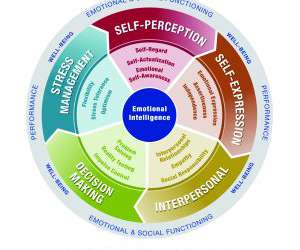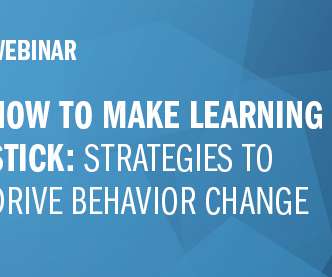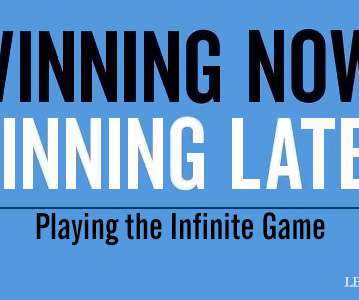Five Reasons WHY Leaders Need Emotional Intelligence Training
The Center For Leadership Studies
NOVEMBER 23, 2020
Just as athletes must consistently work out and train to sharpen their fitness, so leaders must consistently work to use and hone EI muscles to sharpen their effectiveness. It must be noted that Generation Z is wide-eyed and watchful, soaking in and being formed by these leadership lessons. Yes even—or especially — in the workplace.






























Let's personalize your content